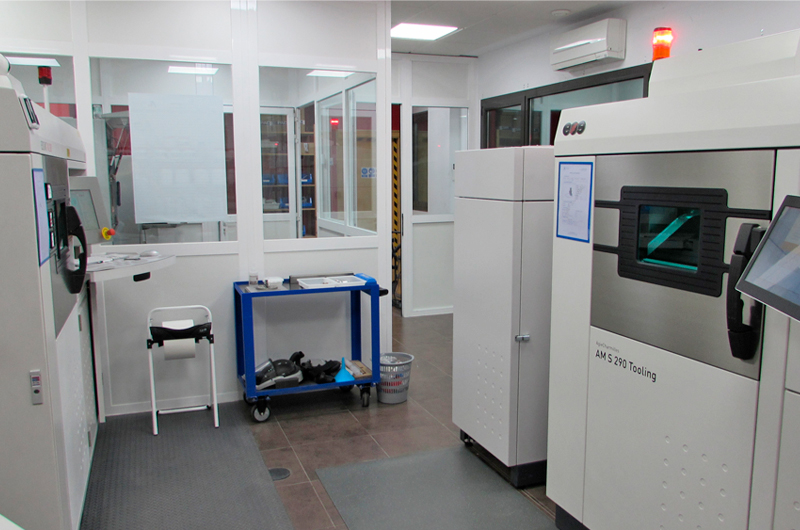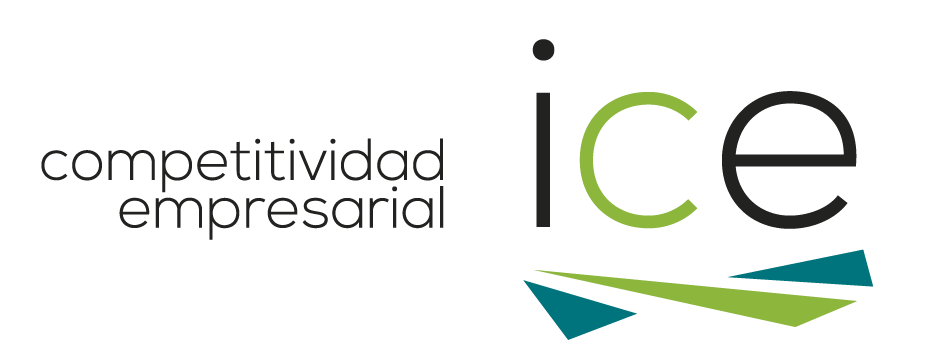
Laser soldering machine
Laser soldering machine The laser soldering machine is a cutting-edge tool used for soldering in a variety of industries. It is precise, efficient and can be used for both delicate and complex soldering jobs.
Laser soldering machine.
A laser soldering machine is a tool that uses laser technology for the soldering process. Unlike traditional soldering methods that rely on a heated iron or flame, laser soldering offers a contactless and precise alternative. Here are key features and aspects of laser soldering machines:
- Laser Source:
- Laser soldering machines use a laser beam as the heat source for the soldering process. Common types of lasers used include diode lasers, fiber lasers, and Nd:YAG lasers. The choice of laser depends on the specific requirements of the soldering application.
- Contactless Soldering:
- Laser soldering is a non-contact process, meaning that the soldering tool doesn’t physically touch the components being soldered. This is beneficial for delicate or sensitive electronic components where excessive heat or pressure could cause damage.
- Precision and Accuracy:
- Laser soldering provides high precision and accuracy in the application of heat. The focused laser beam allows for pinpoint control, making it suitable for soldering small and intricate components on electronic circuits.
- Reduced Heat Impact:
- Laser soldering can minimize the heat impact on surrounding areas, preventing thermal damage to adjacent components. This is crucial for applications where temperature-sensitive materials are involved.
- Speed and Efficiency:
- Laser soldering can be a fast process, contributing to increased efficiency in manufacturing. The speed depends on factors such as laser power, the type of solder used, and the specific requirements of the solder joint.
- Versatility:
- Laser soldering is versatile and can be used for various soldering applications, including surface-mount device (SMD) soldering, lead-free soldering, and fine-pitch soldering. It is suitable for both manual and automated soldering processes.
- Materials:
- Laser soldering can be applied to solder various materials, including metals and certain alloys commonly used in electronics manufacturing. It allows for the joining of dissimilar materials, expanding its range of applications.
- No Flux Required:
- In some laser soldering applications, the need for flux may be reduced or eliminated. This can be advantageous as it simplifies the cleaning process after soldering.
- Application in Electronics Manufacturing:
- Laser soldering is commonly used in the electronics industry for assembling electronic components onto circuit boards. It is particularly useful for applications requiring high precision, such as soldering microelectronics.
- Automated Systems:
- Laser soldering can be integrated into automated manufacturing systems, allowing for high-throughput and consistent soldering quality. Automated laser soldering systems are often used in industries where mass production is a requirement.
In summary, laser soldering machines offer a precise, contactless, and efficient solution for soldering applications, particularly in the electronics industry. Their ability to provide high accuracy and reduced heat impact makes them suitable for applications involving sensitive components and miniature electronic devices.




